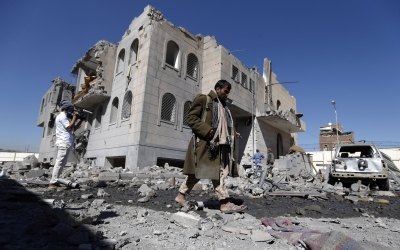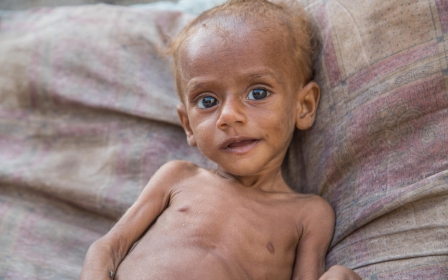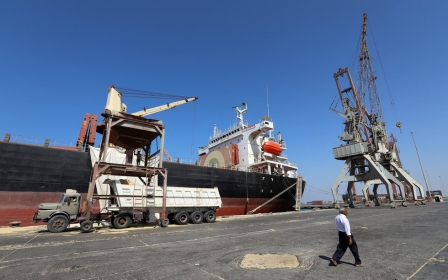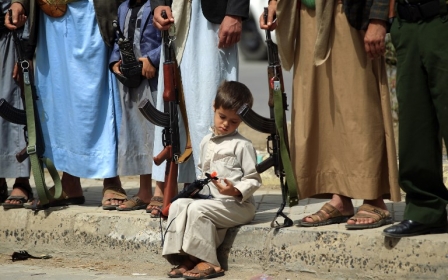Opposing sides in Yemen reportedly agree to body swap
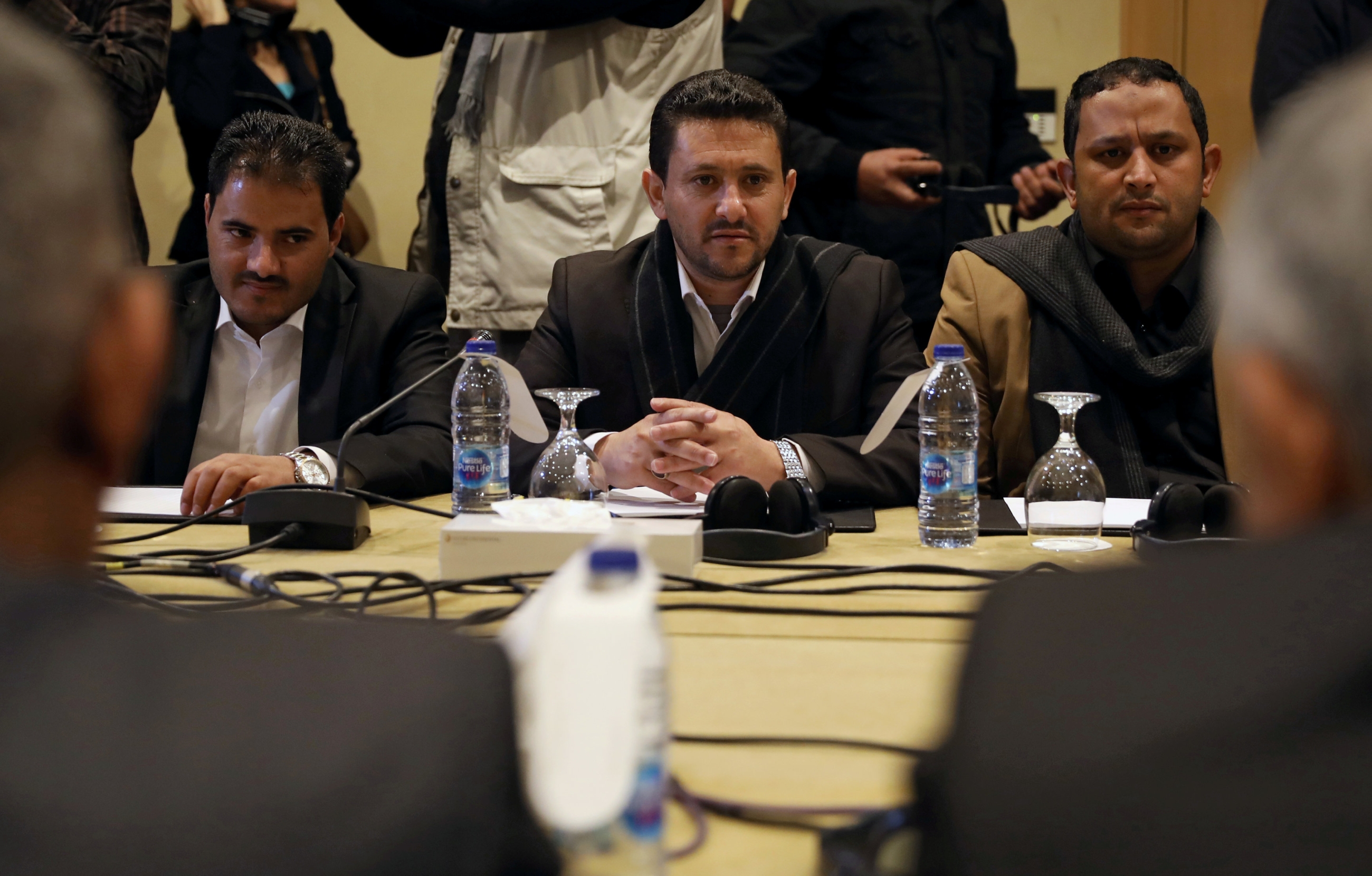
Warring factions in Yemen have agreed to exchange bodies of killed fighters as part of peace talks taking place in Jordan, according to Saudi newspaper Asharq al-Awsat.
Sources told the daily that delegates for pro-government forces and the Houthi rebels agreed that each side would exchange 1,000 corpses each, which will be implemented in a three-stage process.
Initially, the sources said, bodies kept in morgues will be exchanged, to be followed by cadavers from cemeteries and then others from battlefields and the frontlines.
The body swap deal comes as the warring parties have attempted to thrash out an agreement to exchange hundreds of detainees between the sides.
The huge prisoner exchange, originally agreed in Stockholm in December, is seen as a crucial confidence-building measure in the United Nations-led push to calm four years of devastating conflict.
New MEE newsletter: Jerusalem Dispatch
Sign up to get the latest insights and analysis on Israel-Palestine, alongside Turkey Unpacked and other MEE newsletters
After three days of talks in the Jordanian capital Amman, a UN committee tasked with overseeing the swap said the warring sides had made "important progress in moving the release process forward".
That headway included "providing additional information on the status of individuals included in the lists of prisoners", it added.
Both the Saudi-led pro-government forces and the Houthis have said repeatedly they remain committed to the agreement that could see thousands of prisoners released.
During talks in Jordan last month, they submitted lists of the detainees they each want to see freed, but deep distrust prevented them coming up with a final list of names for the exchange.
A final list of prisoners and detainees to be exchanged has yet to be finalised.
At the end of January, the Houthis released a captured Saudi soldier while Riyadh set free seven Houthi prisoners, but they are the only detainees exchanged under the deal so far.
UN envoy to Yemen Martin Griffiths said on Tuesday at the opening of this round of talks he hoped the two sides would manage to finalise the swap deal.
"Success in this regard is not only of huge importance for those who will be released and return to their families but also to the broader political process in which we are engaged," he said
The prisoner exchange was one of the key breakthroughs at the UN-mediated talks in December.
There are fears that if the exchange fails it could have a knock-on effect on the other key elements - fragile truce agreements for the lifeline port of Hodeidah and battleground city of Taiz.
Those deals too have faced problems - while the ceasefires have largely held, timetables for the pullback of combatants have fallen far behind schedule.
Yemen's government and Houthi rebels have agreed on a preliminary compromise for redeploying their forces from the port city of Hodeidah, the UN said on Thursday.
The conflict in Yemen has killed tens of thousands of people since a 2015 Saudi-led intervention and pushed 14 million to the brink of famine.
Middle East Eye delivers independent and unrivalled coverage and analysis of the Middle East, North Africa and beyond. To learn more about republishing this content and the associated fees, please fill out this form. More about MEE can be found here.


